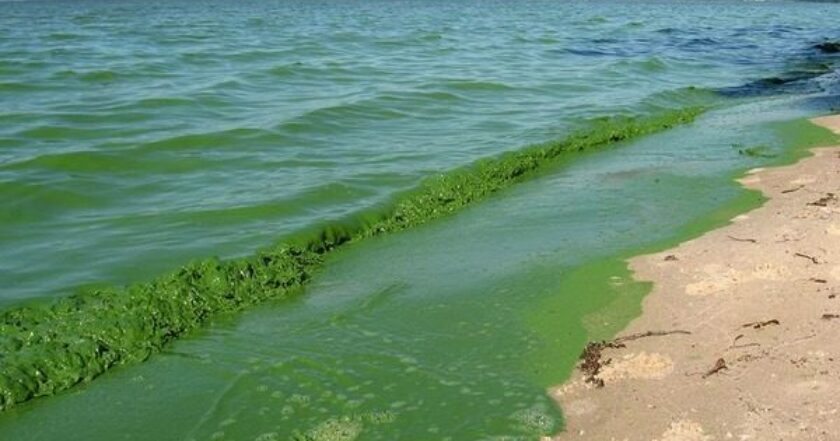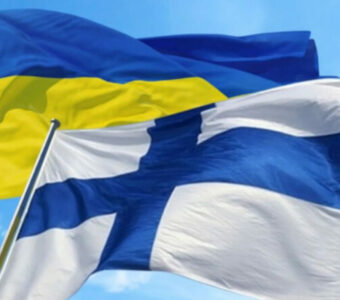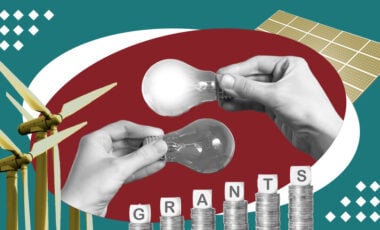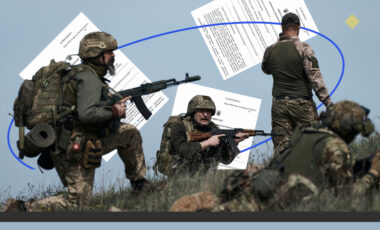Phosphates and pesticides are killing the Dnieper: environmentalists declare the river's condition catastrophic

For more than two months now, one of the largest rivers in Ukraine, the Dnieper, has been actively blooming. We can see this with the naked eye in Kyiv, Cherkasy, or Zaporizhzhia. The Dnieper's blooming is a consequence of the reproduction process of several species of blue-green algae. Therefore, according to environmentalists, we can observe biological water pollution. It contains toxic compounds and an enormous amount of organic matter that feeds bacteria. And this can cause the death of fish and other aquatic inhabitants. Although the flowering of shallow water during the heat is a natural phenomenon, with the Dnieper, it becomes critical because of human activity. In particular, the active use of synthetic detergents containing phosphates.
"The Dnieper has become emerald. This color is not peculiar to it but acquired. It's a consequence of human decisions in everyday life, as well as decisions taken at the state level," said Ruslan Gavriliuk, Chairperson of the National Ecological Center of Ukraine, Scientific Secretary of the Institute of Geological Sciences of the National Academy of Sciences of Ukraine. According to him, the Dnieper has been blooming for decades: "Ukrainian society has so far agreed, but it's time to make important decisions, change its consumer behavior and become more environmentally conscious: both at the level of the individual and the nation as a whole," said the environmentalist.
Scientists and public activists have been talking for several years about the environmental catastrophe on the Dnieper and that it is "roaring and bellowing." According to environmentalists, last year was the most low-water in the history of meteorological observations in Ukraine and it also affected the flowering of reservoirs. Another factor is climate change, as well as changes that occur under the influence of human activities.
This publication is available in Ukrainian and Russian. The English translation hasn’t been produced yet. Support us to make the translation faster - follow the link for instructions




















































